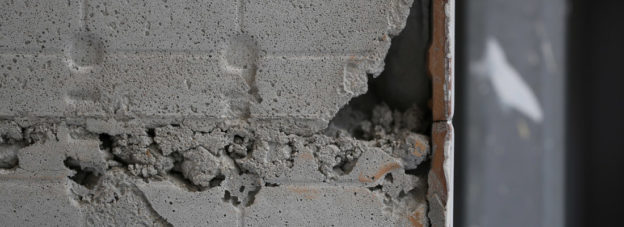In Texas, an action against a licensed/registered professional arising from the provision of professional services requires the plaintiff to file a “Certificate of Merit” (COM), which is an affidavit from a third-party professional setting forth the theory of liability against the professional. Tex. Civ. Prac. & Rem. Code § 150.002. The COM must be filed contemporaneously with the complaint, unless the following two conditions, contained within Section 150.002(c), are both satisfied. First, the action must be filed within ten days of the expiration of the statute of limitations or repose. Second, the plaintiff must specifically allege in its initial petition against the professional that there is insufficient time to obtain a COM before the statute of limitations or repose expires. In such cases, a court will grant the plaintiff a 30-day extension to file a COM and the plaintiff may obtain further extensions from the court for “good cause.” If a plaintiff fails to comply with the COM requirement, Section 150.002(e) requires the court to dismiss the complaint and the dismissal “may be with prejudice.”
In Texas Southern University v. Kirksey Architects, Inc. No. 14-18-00146-CV, 2019 Tex. App. LEXIS 1390 (Feb. 26, 2019), Texas South University (TSU) filed a lawsuit against an architect and two engineers alleging defects in the design and construction of a building on TSU’s campus, but TSU never filed a COM to support its claims. The Texas Court of Appeals upheld the trial court’s decision to dismiss TSU’s complaint against the professionals, with prejudice, for failing to comply with Section 150.002.
The Appellate Court refused to grant an extension of time for TSU to file a COM because neither of the conditions of Section 150.002(c) were satisfied. The first criteria of Section 150.002(c) was not satisfied because TSU specifically acknowledged in its initial court filing that the statute of repose was not close to expiration. The second criteria of Section 150.002(c) was not satisfied because TSU did not allege in its original filing that a COM could not be filed contemporaneously with the complaint because of insufficient time due to the expiration of the statute of repose/limitations.
In its analysis, the Appellate Court found that the “good cause” exception of Section 150.002(c) was inapplicable to TSU’s case because the exception does not stand alone, but rather flows from compliance of the two conditions of Section 150.002(c). A 30-day extension must be obtained before an extension can be granted for “good cause.” Since TSU could not satisfy the conditions of Section 150.002(c) to obtain a 30-day extension to file a COM, TSU could not be granted an extension for “good cause.”
In addition to challenging the trial court’s dismissal for failing to file a COM, TSU argued that the trial court erred because it dismissed TSU’s complaint with prejudice. Under Section 150.002(e), the court has discretion to dismiss a complaint with or without prejudice based upon the facts and circumstances of each particular case. In Kirksey, TSU was aware of the alleged claims against the professionals for ten years preceding the lawsuit, but failed to take appropriate action. Thus, the Appellate Court upheld the trial court’s decision to dismiss TSU’s action with prejudice. When the Appellate Court upheld the trial court’s decision, the determining factor for the court was the fact that TSU did not file a COM with its original petition or in a supplement before the case was dismissed.
The Kirksey holding displays that Texas courts strictly enforce the requirements for filing a COM in cases asserting claims against professionals. If a claim arises from the provision of professional services, the plaintiff must file a COM contemporaneously with the complaint or face dismissal. The plaintiff will only be granted an extension of time to file the COM if there are legitimate time constraints caused by the approaching expiration of a statutory limitations period and the plaintiff has specifically asserted that the time limitation was the reason that a COM could not be filed concurrently with the filing of the action.

